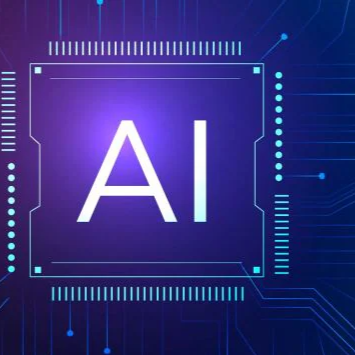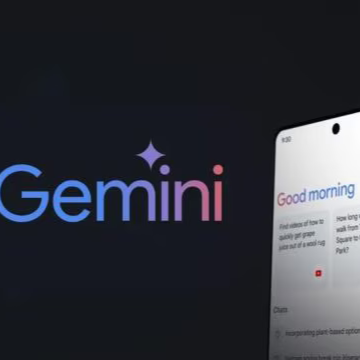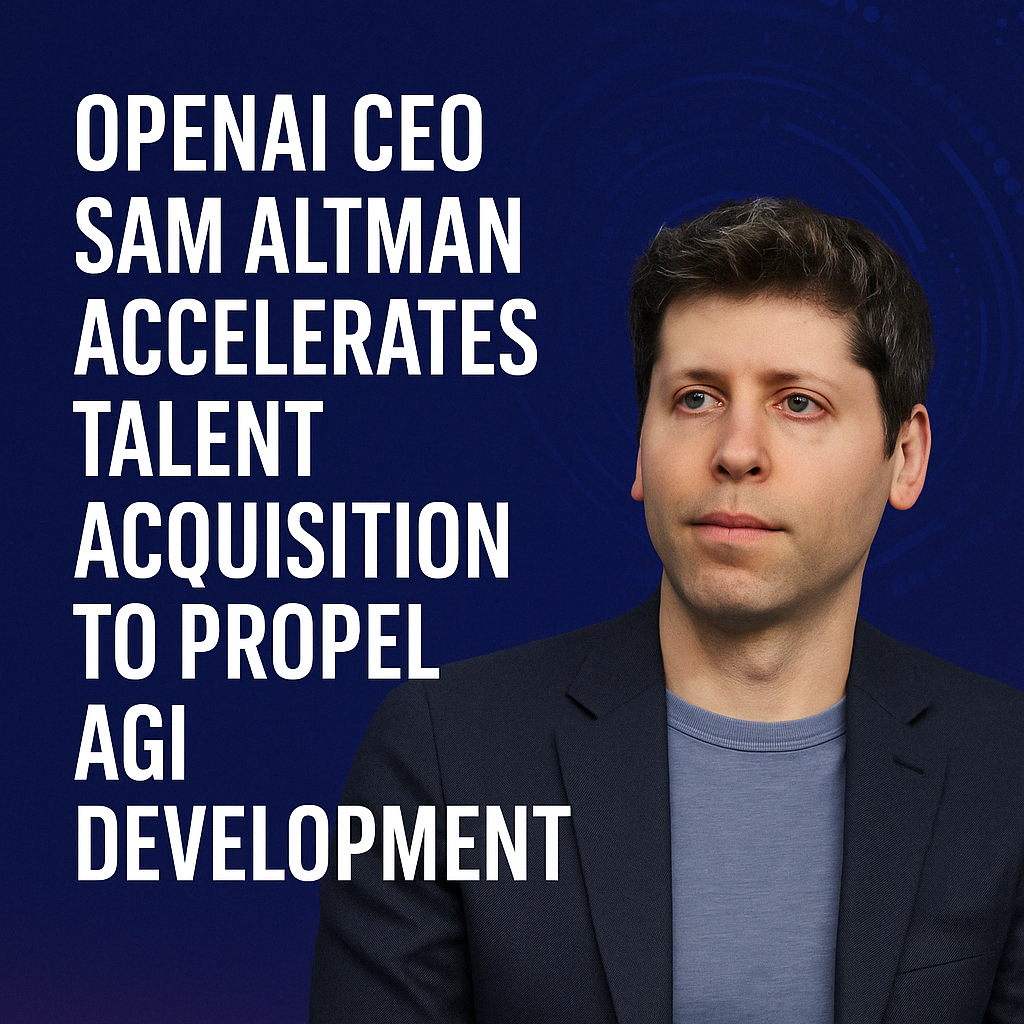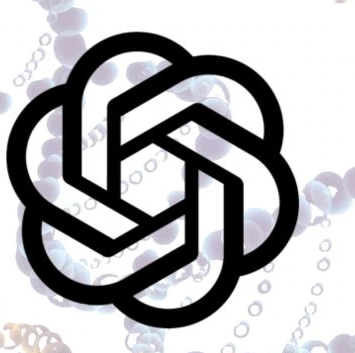1. The Vision Ahead: Human-Level AI by 2035
Dr. Demis Hassabis, a pioneer in neuroscience and AI, believes the future of artificial general intelligence is closer than ever. In his words:"We could see AGI—AI systems with human-level cognitive abilities—in five to ten years."
According to Hassabis, this would represent a monumental shift in AI research and deployment. Such systems could revolutionize sectors like medicine, education, engineering, and more. However, he also acknowledged that today's AI still lacks "imagination" and the ability to create novel scientific hypotheses or truly original thoughts.
2. Humanoid Robotics: Breakthrough Within Reach
The future of AI, Hassabis emphasized, lies not just in digital tools but in physical embodiments—humanoid robots. He predicted that:“A breakthrough moment in robotics is likely in the next couple of years.”
These robots, equipped with perception, reasoning, and manipulation skills, could begin performing genuinely useful real-world tasks. Hassabis envisions autonomous systems capable of understanding and adapting to their environments—essential for sectors like manufacturing, elder care, and emergency response.
3. AlphaFold & Nobel Recognition: A Scientific Milestone
Hassabis, along with his DeepMind colleague Dr. John Jumper, earned the 2024 Nobel Prize in Chemistry for their groundbreaking work on AlphaFold—an AI model capable of predicting protein structures with unprecedented accuracy. This innovation is already accelerating drug discovery efforts.“It usually takes 10 years and billions of dollars to develop a drug. AI could reduce that timeline to months,” he noted.
This achievement underscores AI's potential in solving real-world problems, from curing diseases to designing next-generation materials.
4. Consciousness & Creativity: Still a Long Way to Go
Despite rapid advancements, Hassabis clarified that current AI systems do not possess self-awareness or emotional intelligence. He described them as “the average of all human knowledge” learned from vast datasets, unable yet to ask completely new questions or demonstrate original creativity.“They’re powerful tools, not sentient minds,” he added.
This distinction is crucial as society debates the ethics and limitations of AI technologies.
5. The Black Box Challenge and the Need for Guardrails
Hassabis acknowledged that AI models remain enigmatic in how they learn and evolve—a characteristic often referred to as the “black box” problem. AI capabilities can emerge unexpectedly during training, prompting calls for transparency and accountability.We don’t program specific behaviors. These systems learn like humans—through exposure and interaction,” he explained.
To mitigate risks, he advocates for robust safety measures, global cooperation, and regulatory frameworks to ensure AI benefits humanity and avoids potential misuse.
6. The Exponential Curve: Why Innovation Won’t Slow Down
The DeepMind CEO highlighted the compounding nature of AI progress.“We’re on an exponential curve of improvement—driven by more data, more computing power, and more talent.”
This momentum is attracting record investments, top researchers, and public attention, accelerating the development of next-generation AI platforms.
Conclusion
Dr. Demis Hassabis’ insights offer a thrilling yet sobering glimpse into the future of artificial intelligence. While we may be on the brink of extraordinary breakthroughs—from humanoid robots to AGI—his call for responsibility, imagination, and scientific rigor remains clear. The path to a truly intelligent future, he suggests, lies not just in creating smarter machines, but in building tools that can help us better understand ourselves and our world.
Source:indianexpressChat GPT






